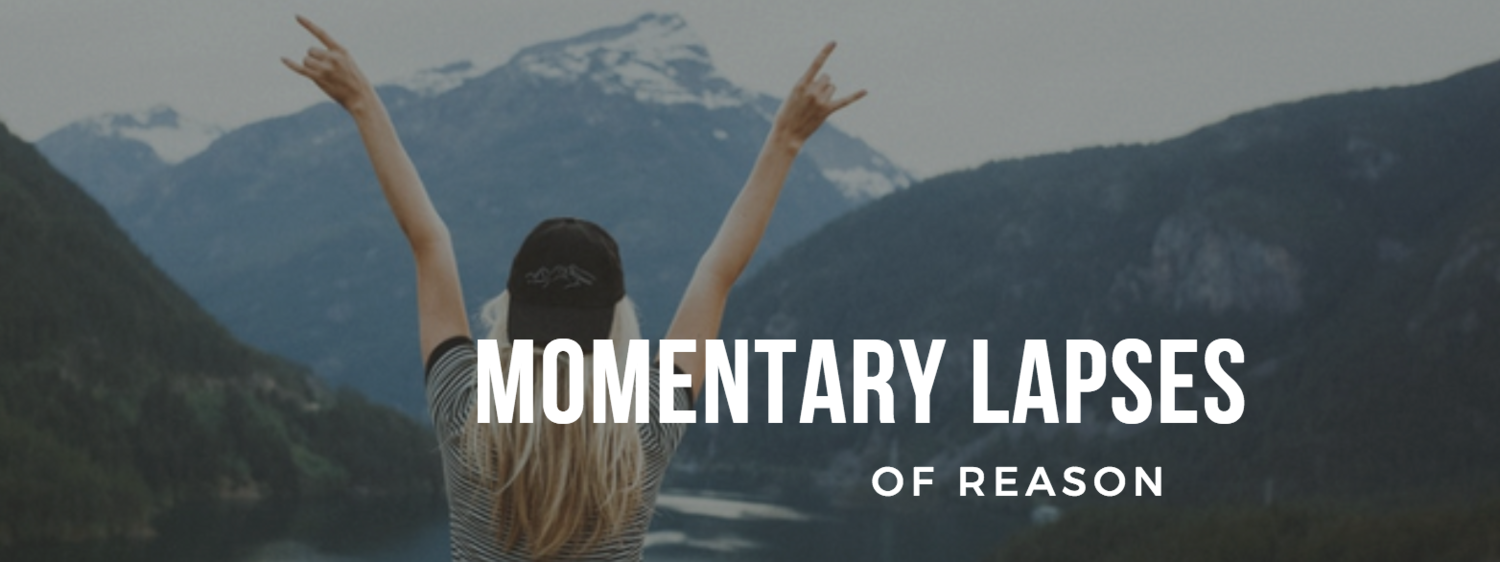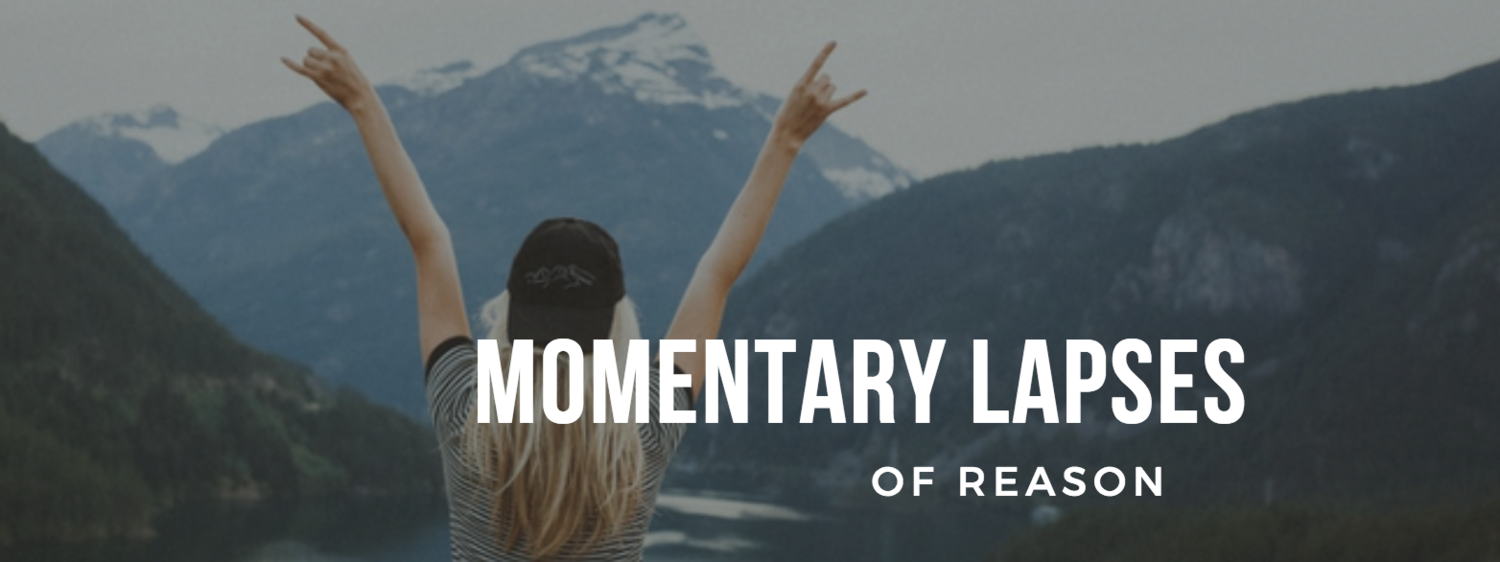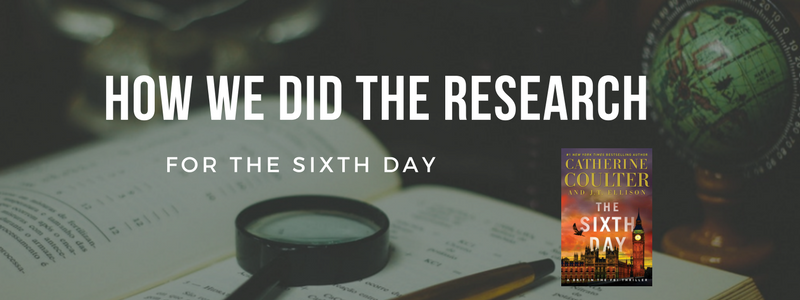4 Words of Advice That Changed My Life
/I had a life-changing experience a few weeks ago.
I was golfing with my dad and our neighbor Mike, and I can’t remember the last time I played so horribly. Unfortunately, this isn’t a one-day phenomenon. I’ve been playing terribly for a few months. My game is off. My tempo, my swing, everything is messed up. Some people call it "getting the yips," but this feels deeper to me. Which of course makes me play even worse.
I’ve attributed it to several things: I’ve lost weight over the winter, so my center of gravity is off. My surgically repaired (x5) shoulder is looser than it used to be. I am not playing enough. I’m distracted by work. You know, all the usual excuses one makes, especially in the middle of a lousy round of golf. Justifications.
My dad’s been my coach from day one, so he was giving all kinds of advice — slow down your swing, keep your head down, you’re taking the club back too far — words I’ve heard from him so often I essentially block them out. I was growing more and more frustrated when Mike drove up in his cart.
This is a paraphrase, but it’s damn close to the exact words.
“I’m only going to say one thing, and this comes from my experience as a hitting coach (he’s a brilliant baseball coach, btw). You’re trying too hard. Just take an iron, make contact, and advance the ball. You’re going for it on every shot. We both know you can hit the hell out of the ball, but you’re better off just advancing the ball instead of trying to get it on the green with a fairway wood. Just because you can make the green doesn’t mean you should try.”
I live with a former baseball player. I’ve heard the adage “homers don’t win the game, singles and doubles do” ad nauseam for 25 years. But I don’t think it truly sunk in to me until Mike pointed it out. I was swinging for the fences on every pitch. And as such, was winding myself up too tight, and missing the ball.
Mike drove away in his cart. Meekly, I took a six iron, advanced the ball, and a few holes later, started to get back in a groove. I didn’t have a ton of spectacular shots, but I also got to the green, got the ball in the hole, and moved on without too much fuss. I was embarrassed that I was playing this weird game, instead of my usual bombs toward the green, but it worked.
My dad and I talked extensively about Mike’s comment for the rest of the round. I recognized an intrinsic truth in Mike’s words — I was trying too hard. Daddy pointed out that golfers in general play to the shot they know they can make. For example, I can hit a pitching wedge 100 yards. I know this. But 80% of the time, when I’m at 100 yards and I pull out my P, damn if I don’t leave it short. Just because I CAN hit it 100 yards doesn’t mean I’m going to do it successfully every time. I’m better off moving up a club, taking a 9, and getting it there.
But do I do that, even knowing that’s the right play? Often times, no. Because damn it, I can hit the freaking P 100 yards.
Now, apologies, because there’s some technical stuff in there about my equipment choices, which does play a role in my escapade: I didn’t have my clubs with me, and the club I would normally take for that particular shot wasn’t an option, so I was substituting. But… allow me to again draw your attention to one sentence in Mike’s advice.
You’re trying too hard.
Yes. I was.
Four words. Four words have reframed my entire existence.
Yes, this brief moment of advice truly helped me reframe my game that day. But it’s also helped me face a few major issues in my life. Once I had this concept in my head, I started looking around at my everyday. I was surprised by the insight it gave me.
I spend my life on afterburner.* I go fast and hard and I expect everyone around me to keep up. I swing for the fences in everything I do, all the time, in every aspect of my life, be it sports, writing, publishing, love. It’s the reason I’ve had the successes I’ve had despite sometimes adverse conditions. It’s also bloody exhausting.
There are a hundred examples I could give, but for brevity’s sake, let’s stick with my job.
I can write 10,000 words in a day. But just because I can doesn’t mean I do. Thing is, if I don’t, I feel guilty. Even knowing that writing is a marathon, that you succeed not by writing 10k a day but by laying down 500–1000 words EVERY day, I still feel like I’m somehow shirking my responsibility if I don’t hit that crazy goal — which, BTW, like the pitching wedge to the green from 100 yards, I only managed to do occasionally, certainly not every time I touch the keyboard (or wedge).
That lack of word count bleeds into the rest of my day. I skip my yoga or a walk to get a few more words. Dinner isn’t made, laundry isn’t folded. Books aren’t read. So many things that I could accomplish with my day get shunted away because I HAVE to get that massive word count.
Wash, rinse, repeat.
This is not a healthy way to approach a creative life, just like trying to get to the green with every shot isn’t sustainable if I ever want to improve my game.
I think I’ve finally wrapped my head around how I turn my writing day into something that mimics the people I admire — Catherine, of course, John Grisham. They get up, they do their words, and then they go live their lives. I’ve said before I want to emulate this, but it wasn’t until now that I truly understood how to make that work for my supercharged brain.
I know I can rather easily hit that 1,000 words a day goal in a couple of hours of true concentrated work. So I’ve set some new goals for myself, and they include being satisfied with that 1,000 words. Proud of it, even, instead of shaking my head, knowing I can do better. And I’m shooting to get them by noon, so I can then live my life instead of chaining myself to my laptop and guilting myself into writing more. That way, if I want to write more, I can. And if not… so be it. I’ve done my work.
But the how… I’m going to save swinging for the fences and running on afterburner for the moments it’s actually needed, and spend the rest of my time with the dreaded 6 iron in my hand, swinging gently, and just moving forward.
We’ll see how this goes. It should be an interesting experiment.
Have you gotten any great advice lately? Share it with me in the comments!
*Just in case you’re not familiar with this term: An afterburner (or a reheat) is a component present on some jet engines, mostly those used on military supersonic aircraft. Its purpose is to provide an increase in thrust, usually for supersonic flight, takeoff and for combat situations. —Wikipedia









